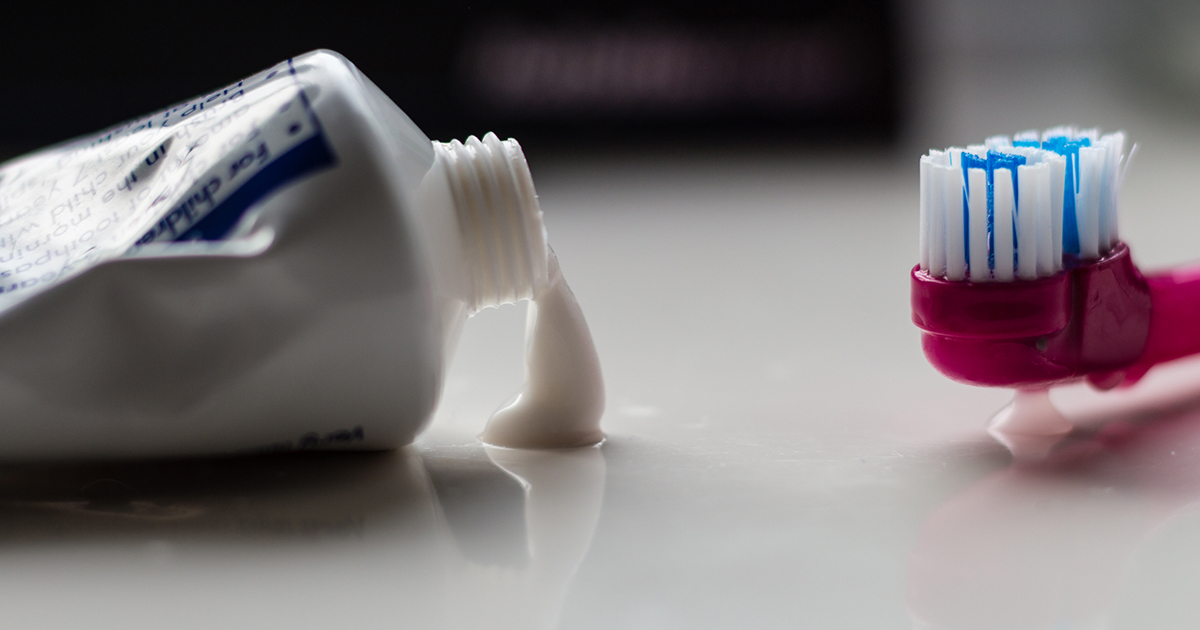Common Causes And Risk Factors For Canker Sores
Canker sores are painful, round ulcers that form inside the mouth, on the inside of cheeks or lips, and along the tongue and gums. They are usually yellow or white lesions in the center with a vivid red border. Most individuals will have one to three canker sores at a time, but some suffer from more severe infections with up to a dozen lesions spread around the mouth at once. Canker sores are sore and annoying, but luckily they usually go away on their own. They are most commonly seen in children and teens between ten and twenty, but recurring cold sores frequently occur once you've had others. There are several theories about their triggers including injuries, food sensitivities, and a lack of vital nutrients. Sometimes they are also a symptom of other diseases.
Keep reading to discover the common causes of canker sores.
Mouth Injury

Any mouth injury can cause canker sores because the inflamed or sore tissue is more vulnerable to ulcers. Small ulcers may form after mild irritation from a sharp-bristled toothbrush or biting into a hard or sharp piece of food. Additionally, certain harsh mouthwashes can damage or inflame the lining inside your mouth, which as discussed, can result in canker sores. These lesions usually will go away on their own once they have had a chance to heal. If you suspect a brush or mouthwash is to blame, try replacing it with something gentler.
Poorly fitted dental equipment, such as dentures or braces, can also cause mouth soreness and inflammation. In this case, it is better to see your dental professional and have them correct the fit so your mouth will have a chance to heal. Sports and other accidental mouth injuries may cause canker sores, but those usually go away within two weeks.
Continue reading to discuss what common ingredient in many products can result in canker sores.
Products With Sodium Lauryl Sulfate

Sodium lauryl sulfate is an ingredient found in some types of toothpaste that has been linked to canker sores. Its especially powerful foaming action can damage your skin's proteins and dry out the inside of your mouth. Dental products with sodium lauryl sulfate are relatively inexpensive to manufacture and leave consumers with an extra-clean feeling in their mouths, which is a big part of what makes them so popular. For some individuals, however, it works too well at keeping their mouths clean and can actually cause canker sores to break out because their mouth's skin doesn't have the protection and moisture it needs.
Continue reading to learn how specific sensitivities might result in canker sores.
